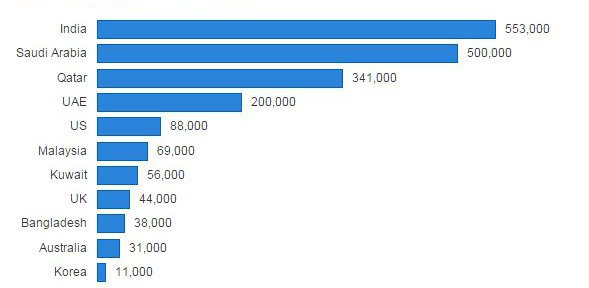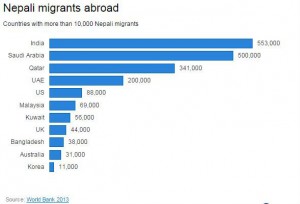This post was contributed by Professor Penelope Gardner-Chloros, Department of Applied Linguistics and Communication
You are probably used to it by now, but the first time you ordered a coffee in Starbucks and were asked for your name, were you a little taken aback? I certainly was.
 We are used to being asked for our great aunt’s middle name, when our first milk tooth fell out etc etc when contacting a bank or paying for something online. But must we really reveal our name TO BUY A COFFEE??
We are used to being asked for our great aunt’s middle name, when our first milk tooth fell out etc etc when contacting a bank or paying for something online. But must we really reveal our name TO BUY A COFFEE??
Of course, there is method in this madness: writing a name on the paper cup makes it easier to know who ordered a double caramel macchiato and who wanted an organic Colombian espresso at the end of the line. But for a Brit there is still something a little bit too intimate about giving a first name to a complete stranger who you will probably never see again. Deborah Cameron has written brilliantly about this ‘commodification’ of language in her books ‘Verbal Hygiene’ and ‘Talking from 9 to 5’.
Starbucks, of course, are not alone. If you phone a restaurant in London to book a table, you give your surname, but 9 times out of 10 you are then asked for your first name too. Why?! One friend systematically replies: ‘Why do you need it? We are not going on a date, are we?’
Your reaction to all this probably depends on your age. If you grew up in an age when no-one in a service industry ever addressed you with anything other than with your title and last name, this is all a big issue. On the other hand, if you are under 25, you have probably never known any other way to do business, so none of this seems at all important.
Ways of addressing have always varied according to cultural conventions, and the American culture of Starbucks is one which emphasises solidarity rather than status. These were the two dimensions picked out as most relevant to such choices in Brown and Gilman’s famous 1960 article on pronouns of address.
For different reasons, at Birkbeck, where students are often taught by lecturers younger than themselves, students and staff are usually on first name terms – and this has been so for 35 years to my certain knowledge.
But I still have students from some European and non-European countries who would never dream of calling me anything other than Professor Gardner-Chloros. To them, it would be highly disrespectful to do anything else, but I am always a little embarrassed since I call all students by their first name.
But let us return to our skinny double caramel macchiatos. I have got round my discomfort in Starbucks by giving a variety of names in Starbucks – anything but my own. Usually I choose a really appalling dictator – Hitler, Stalin etc, to make it quite obvious that I find the question a tad inappropriate.
Stalin works just as well as Penelope for identifying my coffee, after all. I also hope to raise a slightly less perfunctory smile from the poor employees who have to work all day in this artificially matey, Disneyfied ambiance. Some are so ‘well trained’ – or just plain exhausted – that they scarcely notice and just dutifully write Stalin or Pol Pot on the cup. Others give me a quick look of surprise. Very rarely is there any comment.
This week, I was Saddam in Starbucks. There was no queue so there was in fact no real need for a name at all. The assistant – sorry, ‘team member’- had more time to chat.
‘Saddam?’ she repeated, looking up. Then she smiled. ‘Why not? I have served Batman and Superman, so why not Saddam?’
She thought again. ‘And if we can’t have a bit of a laugh, what is the point of it all?’
She was right. Saddam does not matter, and nor does Penelope, but sharing a joke is really important. The lovely thing about language is that as well as allowing us to express ourselves, it also gives us such interesting issues to talk ABOUT.
Find out more



